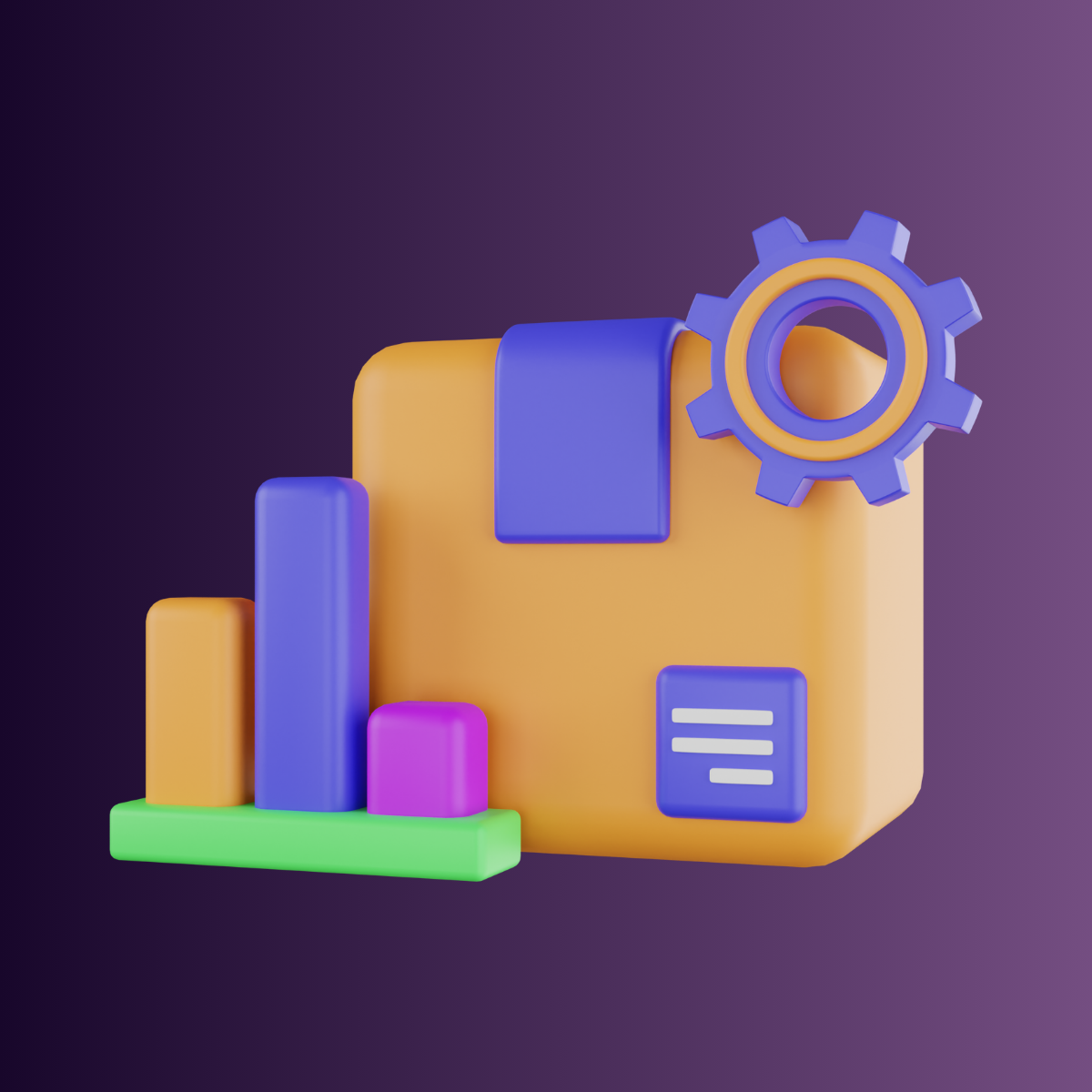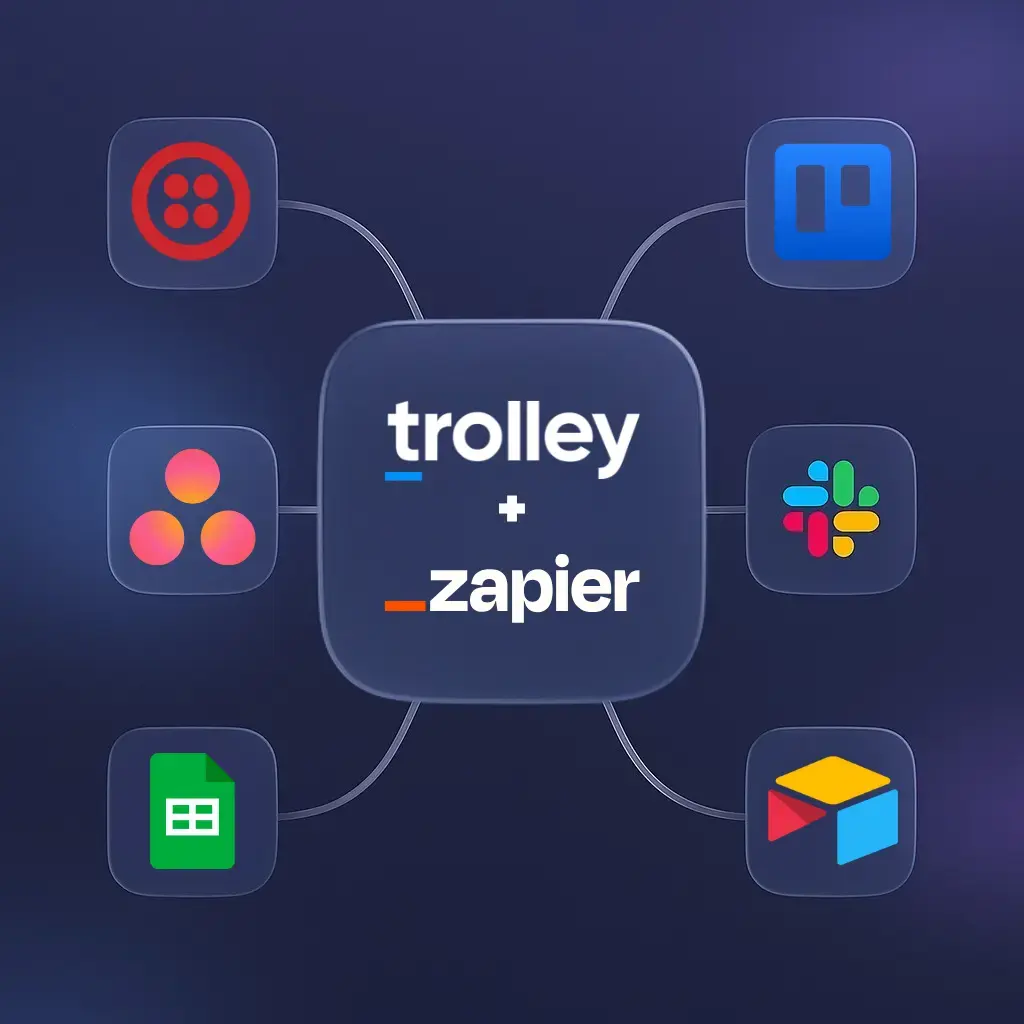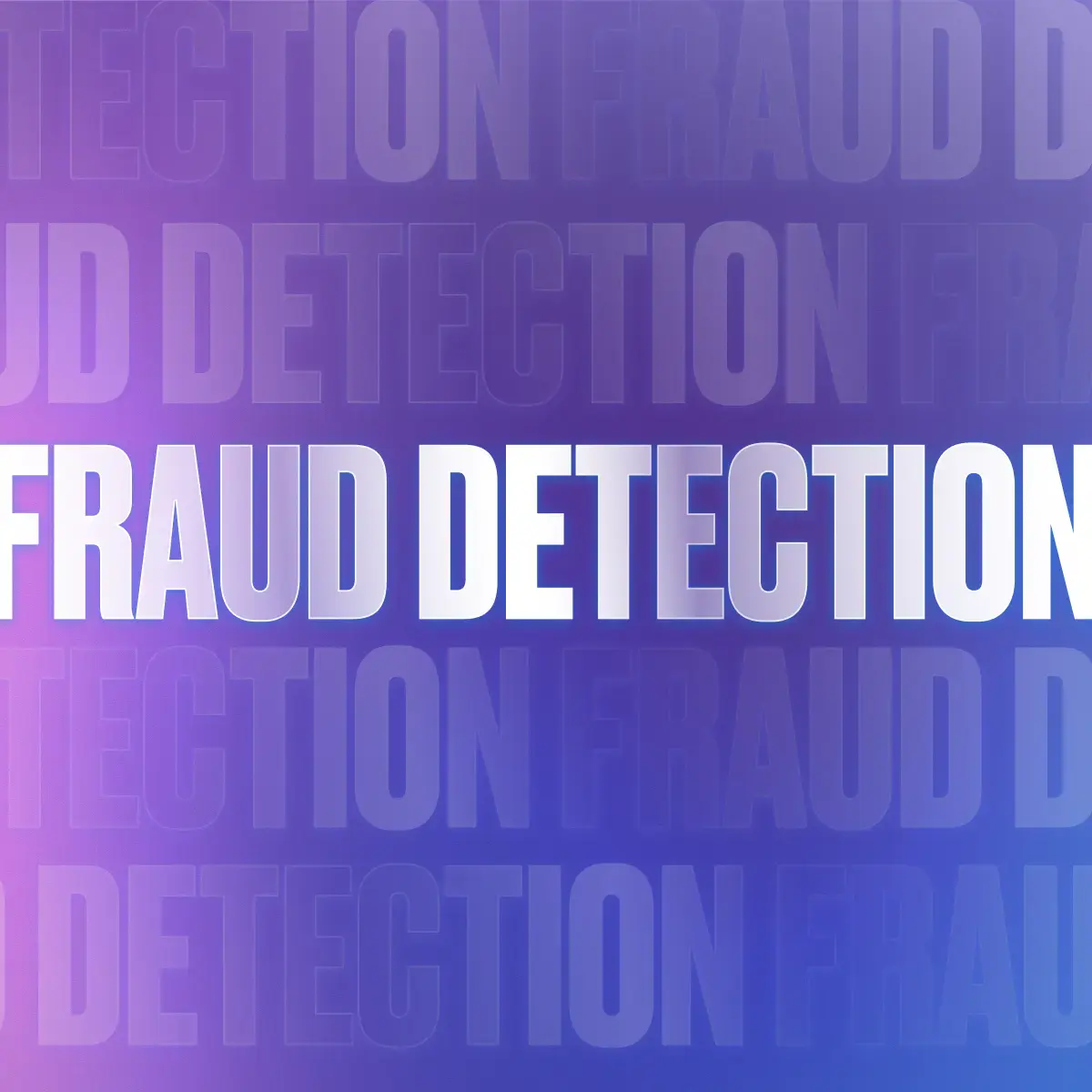Looking for a quick hit of everything you need to know about tax compliance? Hear about the current state of global tax regulations and where they’re going—directly from our own leaders and subject matter experts.
This volume was taken from an interview with Barnett Klane, Trolley’s VP Product.
Regulatory and compliance matters—most PMs avoid these like the plague.
A lot of them find it easier to defer the responsibility to a software or service partner.
But before you begin the process of finding that partner, you need to get into the weeds to better understand what those regulations are trying to achieve.
Ask yourself: are they focused on reportability, auditability, information security practices, data management, or something else? What is the larger concept at play that is going to see additional regulations added over time?
This understanding can enable a holistic, whole-platform perspective to solve not just for today but for the long-term, ultimately helping you decide where addressing those regulations fits into your roadmap.
How will this impact the sales of your product? Is this more of a checkbox to reduce friction, or is that set of problems a key differentiator in customer discussions?
What we cover
Rate of change: An important factor
Something I look at when I’m evaluating a regulation is the rate of change.
Take tax ID validation, for example. Governments are constantly rolling out new schemes; in fact, according to the OECD, 47 regions made edits to their TINs over the past year. And that number will continue to fluctuate year over year.
As with any software maintenance, changes over time need to be considered, and depending on how often these changes occur, you need to consider the level of integration you’re looking for.
At the end of the day, you need to be compliant but there are no bonus points or additional revenue for going above and beyond in a way that doesn’t align to strategic goals or doesn’t add customer value.
Achieving compliance is required. But how can your organization go about it?
Enter: the build vs buy debate.
Build vs buy
Most of my fellow Product folks will probably agree, we could go on forever about “build vs buy.”
Valid arguments are made on both sides, but if I need to make a decision with my team or help a customer choose what they’re going to do, there are a few key considerations I like to focus on.
1) Subject matter expertise required: Once you have an understanding of the regulations and what’s needed to gain compliance, the internal resources to support this might not exist. That’s when it becomes clear that there is a need to leverage out-of-house consultancies, development, resources, etc, in order to successfully implement that work.
2) Rate of change: I already talked a bit about this, but you need to look at how often the regulation has changed in the past and its roadmap for changing in the future. That way you can ensure you’re finding a solution not just for today but in lockstep with you and your customer’s needs.
Take DAC7 for example—the EU has already implemented their version of the OECD’s guidelines, but in years to come, more countries will be rolling out their versions of these rules. In fact, next up is the UK and very soon after that, Canada.
3) Complexity of the integration: Is this something that’s easy to keep contained to a single integration point? Or is this something that’s going to affect every interaction you have with your users? Do your current systems already have potential integration points with potential vendors that make it easier or cheaper to get started?
Ultimately, a lot of the time when there’s a lack of alignment between the regulations and our product goals, I often lean toward the “buy” side. When I see that development would be well-aligned with things that are already within our OKRs as a group, I might lean towards this as a potential “build.”
Worldwide tax reporting: A macro perspective
In my opinion, the changes in tax reporting for contractors worldwide need to be looked at on a macro level, when in practice, I see a lot of folks looking too micro—focusing on one-off, one-geography changes.
Oftentimes, businesses get too deep in the weeds—take for example, DAC7 guidelines, or Form 1099-K updates, or any type of reporting for a single state.
But, based on the maturing internet economy and a desire to modernize the laws around it, large-scale changes like these are going to keep coming for companies based in economically active countries like the UK, Canada, Australia, etc.
Companies would benefit from looking at this through a broader lens, asking themselves if they want to have a dedicated product group continually managing tax and all the components that tie to it—with the million plus dollars per year budgets required.
Or, is it better for them to focus on something that’s going to help grow the business? (BTW, that’s called “opportunity cost,” and it’s something our Tax PM Myles Foster has been recently talking a bit about).
My recommended strategy
I often see customers looking to tick a single regulatory checkbox with a partner that outsources the work or isn’t aligned long-term to that particular area, rather than finding a partner to help resolve a whole class of issues.
That’s why I encourage companies to zoom out from specific regulatory updates and look at what’s happening in the market on a macro scale.
You can certainly develop in-house expertise and assign PMs and engineers to work through issues every time they pop up, but I find that to be a very reactive strategy.
A more proactive way to look at it is to find someone who can truly own that problem for you, who understands that problem scope, and who will partner with you to get it done.
Want to know more about what we’ve learned from talking to our community about tax?
My team of sales and customer success professionals speak with business leaders about tax compliance every day, helping them address key challenges and choose the right Trolley plan for their needs. In 2023 alone, 49% of all calls we’ve taken have touched on a tax topic!
By analyzing these exchanges and comparing the concerns mentioned with product use data, we’ve collated what we think is the need-to-know tax info for this upcoming tax year.
What’s inside:
- The most important trends in payouts and tax we’ve been hearing about over the past year
- What the industry is saying about anticipated changes coming this tax season
- The most pressing questions business leaders are asking about tax compliance in 2023
- In-depth answers to frequently asked questions we receive about tax compliance and effective strategies to address common pain points
If your business handles payments to creators, freelancers, or contractors, you’ll want to download this guide today!
By the way, we’re always happy to chat about all things tax, tech and internet economy. Reach out to me on LinkedIn or reach out to our team for more info on how Trolley’s Tax solution can help you solve your payouts problems.







